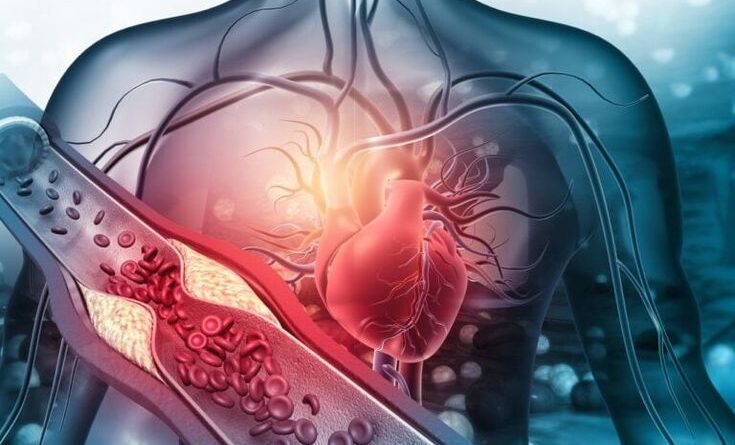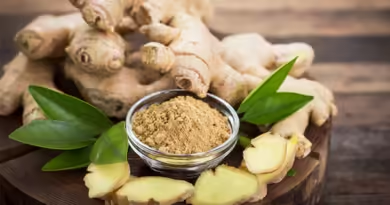Understanding High Blood Pressure: “The Silent Killer”
As the saying goes, good health is often underestimated! We frequently neglect our well-being and our bodies, which can eventually result in serious health complications. Blood pressure is more than just a number—it’s a vital sign of your health and well-being. As your heart pumps blood through your arteries, it creates the pressure that keeps your body energised and functioning. But when this pressure rises too high, it can quietly put your health at risk. Understanding blood pressure is the first step toward protecting your heart and living a longer, healthier life.
Blood pressure varies throughout the day depending on your activities. A healthy systolic blood pressure is below 120 mm Hg, and a healthy diastolic pressure is below 80 mm Hg. Consistently having a systolic reading of 130 mm Hg or higher or a diastolic reading of 80 mm Hg or higher indicates high blood pressure.
Blood pressure is influenced by two factors: the amount of blood the heart pumps and the resistance of the arteries. When the heart pumps more blood, or when the arteries are narrower, blood pressure increases.
High blood pressure is a chronic illness we are familiar with, and it has been rolling over the years without a cure. Contrary to popular belief, young people can also experience high blood pressure. You might be wondering how I thought the same thing when I heard a friend of mine was experiencing it. Questions kept playing in my head, like, How did it happen? Was he thinking too much, or what is making his blood rise? Let me dive into the main facts and explain them to you.
What is high blood pressure?
High blood pressure is a condition that strains your heart and arteries, increasing the risk of serious health problems like heart attacks, strokes, and kidney disease. Understanding and managing it is key to safeguarding your health and well-being. Let’s uncover what makes high blood pressure a serious concern and how you can take control of it.”
Most people with high blood pressure don’t even know they have it until the symptoms start showing. That is one of the reasons I advise regular checkups. You might be like, What about the money? But remember, there are government health facilities that can carry out free checkups for you, and even private hospitals are not too expensive.
High blood pressure symptoms usually look like other normal sickness symptoms; they are severe headache, difficulty breathing, severe pain in your abdomen, chest, or back, numbness or weakness, and problems talking. Other risk factors, such as age, family history and genetics, sex enhancers are included.
But you can still take steps to reduce your risk of high blood pressure and its complications. High blood pressure increases the risk of heart attack, stroke, cancer, heart failure, and other serious health problems. It’s important to have your blood pressure checked at least every two years, starting at age 18. Some people need more frequent checks.
Healthy lifestyle habits—such as not smoking, exercising, and eating well—can help prevent and treat high blood pressure. Some people need medicine to treat high blood pressure.
Blood pressure screening is an important part of general health care. How often you should get your blood pressure checked depends on your age and overall health.
It is important to check your blood pressure regularly and to know your numbers. That’s because high blood pressure usually does not cause symptoms until it has also caused serious problems.
It is also important you confide in your doctor, nutritionist, dietician, pharmacist, and specialists once you notice any sign, including heart conditions. And even if the symptoms have worsened a bit, you can still get treated, especially If your high blood pressure is caused by another health condition or medicine, it may get better once the cause is treated or removed.
READ: The Spice of Life: Health Benefits of The Ginger Family
Content Credit| Igbakuma Rita Doom
Picture Credit | https://www.pinterest.com/pin/240590805096537939/




